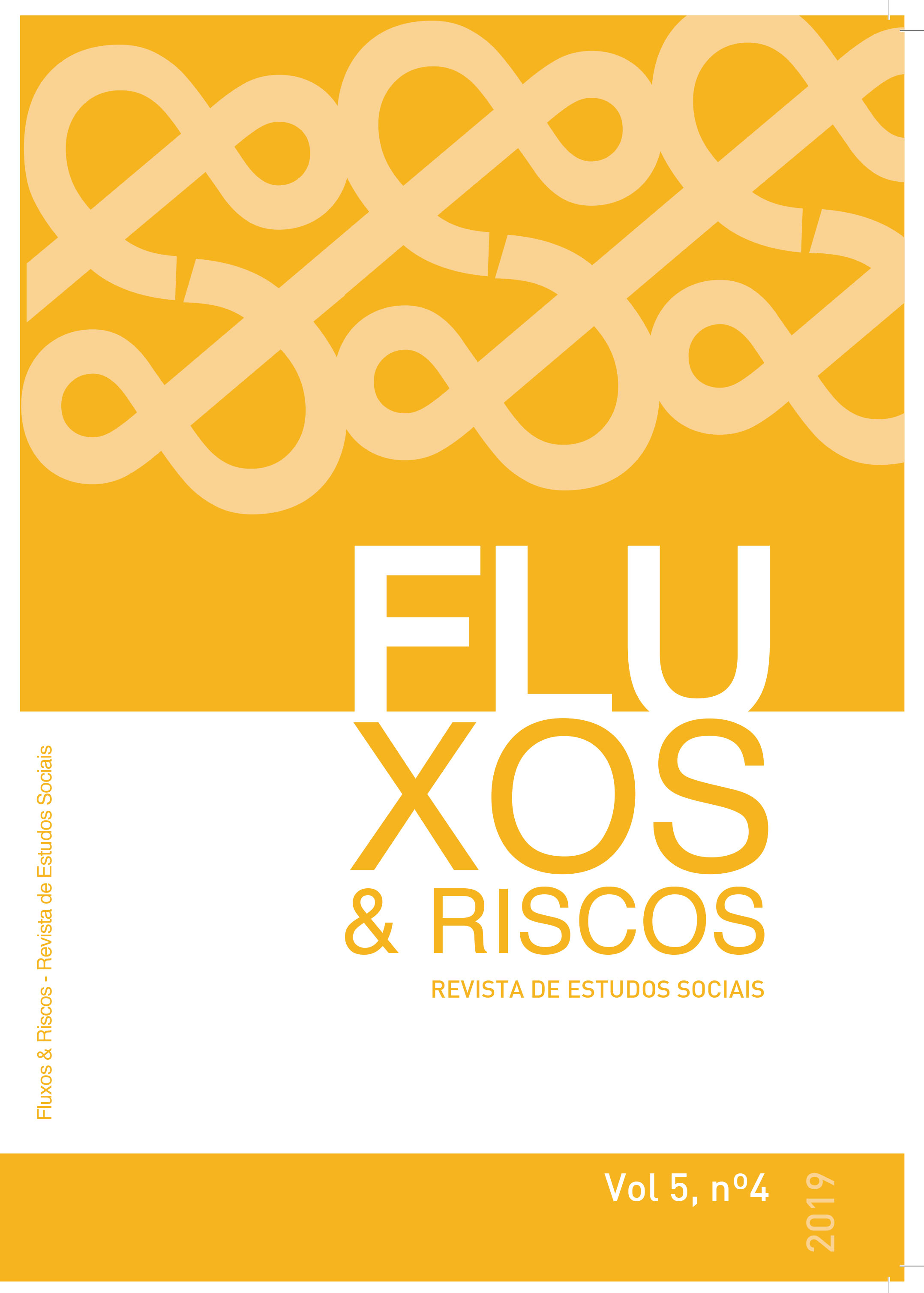Archives
-
 The Convergence and the Intersections in Social Sciences
Vol. 2 No. 1 (2017)
The Convergence and the Intersections in Social Sciences
Vol. 2 No. 1 (2017)Henry Jenkins, a north-American from Atlanta, a media scholar and a professor of communication, popularized the expression “convergence culture” in 2006 though his book bearing that title. He was not analysing the notion of convergence merely from a technological perspective, but from an anthropological angle. He presented convergence as a cultural transformation in which new technologies played a decisive role, but laid emphasis of the social demand of the consumers as central. It implied a social appropriation of the digital technologies for satisfying the a public consumer, creating thereby a shared culture demanding collective solutions and feeding an affective economy that was capable of satisfying the fans, and not just any consumers.
The “convergent” research has advanced with notable success in the life sciences, physical sciences and engineering, as it can be concluded from the joint report of MIT-AAAS, available for online reference at http://news.mit.edu/2011/convergence-0104 containing encomiastic references to “The Third Revolution: The Convergence of the Life Sciences, Physical Sciences and Engineering”.
It is desirable that the realm of the Social Sciences breaks out of its departmental culture which enhances the weaknesses analysed by Thomas S. Kuhn, another north-American and Harvard scholar, in his seminal research published as The Structure of Scientific Revolutions (1962) exposing the subjectivities that blocked the potential for convergence and innovation in Social Sciences.
-
 Fluxos & Riscos
Vol. 1 No. 2 (2011)
Fluxos & Riscos
Vol. 1 No. 2 (2011)Índice
Editorial
Apresentação
Secção I: Problemáticas e Conceitos
Secção II: Estudos de Caso Nacionais
Secção III: Estudos de Caso: Associações Solidárias Locais
Secção IV: Investigação em curso e em preparação
Secção V: Recensões
-
 Fluxos & Riscos
Vol. 1 No. 1 (2010)
Fluxos & Riscos
Vol. 1 No. 1 (2010)Secção I - O dossiê dos artigos cobre os seguintes 3 temas:
Sociedade, Território e Desenvolvimento (3 artigos)
População, Trabalho e Organizações (3 artigos)
Globalização, Riscos e Segurança (3 artigos)
Secção II - Investigação em curso
Secção III - Breves e Recensões


